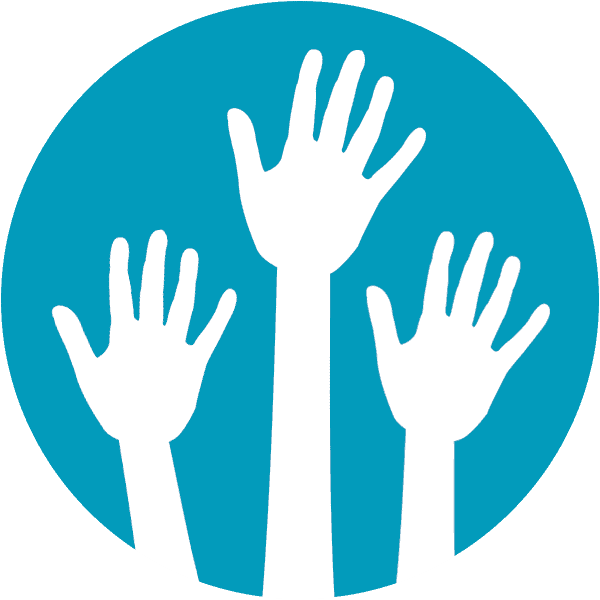Complimentary Therapies
Treatment may include Supportive Therapies
Complementary therapy care can be a very important component of a personalized treatment plan.
The DMRF encourages individuals with dystonia to consult a movement disorder specialist, and to consult their doctors about all non-traditional therapies they are curious about including supplements, devices, and techniques.
Speak with your doctors, support group leaders, and other people with dystonia to help discover complimentary therapy options that may be an option for you. Explore the following possibilities:
- Relaxation techniques
- Body-mind techniques such as yoga, mindfulness meditation, the Feldenkrais Method
- Gentle and controlled physical exercise including Pilates and soft martial arts such as Qi Gong
- A personalized exercise program created in partnership with a qualified physical therapist
- Biofeedback
- Acupuncture for pain relief
Complementary therapy may play an active role in your treatment of dystonia, and it is intended to be used in conjunction with traditional therapies. To avoid any interactions and potential problems, it is important to have open communication among all physicians and practitioners who are working with you.
It is very important that any practitioners of complementary therapies who you consult are familiar with dystonia or willing to learn about it prior to treating you. The DMRF can provide materials to help you educate your healthcare professionals.



